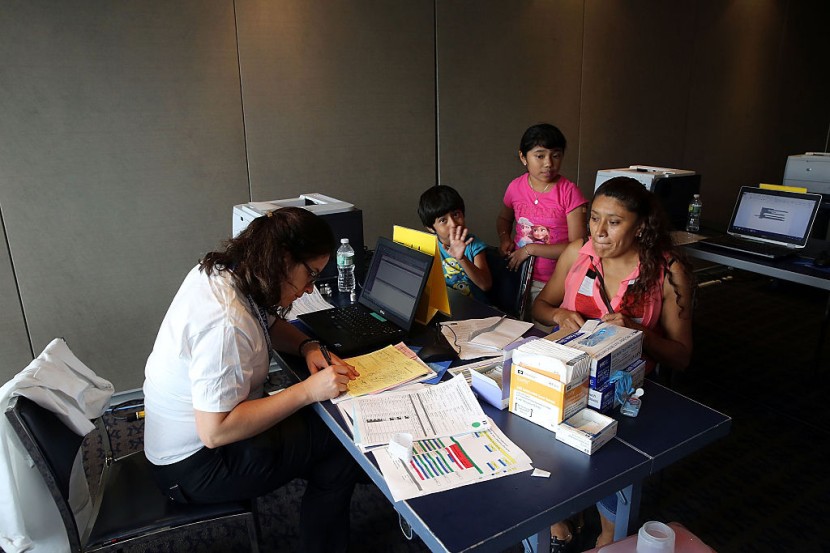
The Centers for Disease Control and Prevention (CDC) investigates 180 cases of unexplained hepatitis in children recorded in the last seven months.
While this appears to be a huge increase in instances, the CDC highlighted that the majority of them are "retrospective," with the agency looking at patients as far back as October 2021. The agency also noted some cases may or may not be relevant to the current investigation, as per The Hill.
The CDC stated that there were no reported fatalities since February this year. It added: "the proportion of patients requiring liver transplants has gone down from 15 percent to 9 percent since May 5."
Mysterious Hepatitis Possible Culprit
According to medical experts, hepatitis can be caused by a variety of factors, including chemicals, viruses, and contaminated food and drink.
Adenovirus has been discovered in about half of the children with unexplained hepatitis, according to the CDC, and it "continues to be a strong lead" as a possible cause.
Adenovirus infections seldom cause hepatitis, with stomach or lung irritation being the most common symptoms. Hepatitis caused by adenovirus infection, on the other hand, is not uncommon, especially in immunocompromised people.
Experts are also looking into Adenovirus 41, a type of virus that causes gastrointestinal distress. In generally healthy children, however, it is rarely linked to hepatitis, as per a report from NBC News.
Read Also : US Health Experts Warn on Impact of Limited Medical Scans, Procedures Due to Contrast Dye Shortage
Is It Related to the COVID-19 Pandemic?
Dr. Markus Buchfellner, a pediatric infectious diseases resident at the University of Alabama at Birmingham, was the first to detect an odd pattern of mysterious hepatitis in children in the US and report it to the CDC. He and other researchers have speculated that pandemic lockdowns may have lowered overall virus exposure, rendering young children more prone to viral infection.
The World Health Organization (WHO) said on Tuesday that at least 429 suspected cases of acute hepatitis with unknown causes had been reported around the world. A total of 40 more cases are awaiting classification by the UN health agency, as reported by ABC News.
Twenty-two countries have already reported probable cases, with 12 of them reporting more than five. At least six children have died, with another 26 requiring transplants. 70 % of instances have involved youngsters under the age of 5 years.
According to Dr. Philippa Easterbrook, a medical expert with the WHO's Global HIV Hepatitis and STI Programme, global experts are trying to find out if COVID-19 and adenovirus are connected to discover if both are "working together as cofactors, either by enhancing susceptibility or creating an abnormal response".
However, Easterbrook cautioned that it is only a hypothesis based on the studies, emphasizing the need for testing for current and previous COVID-19 infections.
Although childhood hepatitis is still a rare occurrence, parents should be aware of the potential symptoms, which include vomiting, black urine, and light stools, according to CDC. Jaundice, or yellowing of the skin, is one of the most visible symptoms of hepatitis.
If a person has jaundice, the yellowing of the whites of their eyes may be more evident than the yellowing of their skin.








